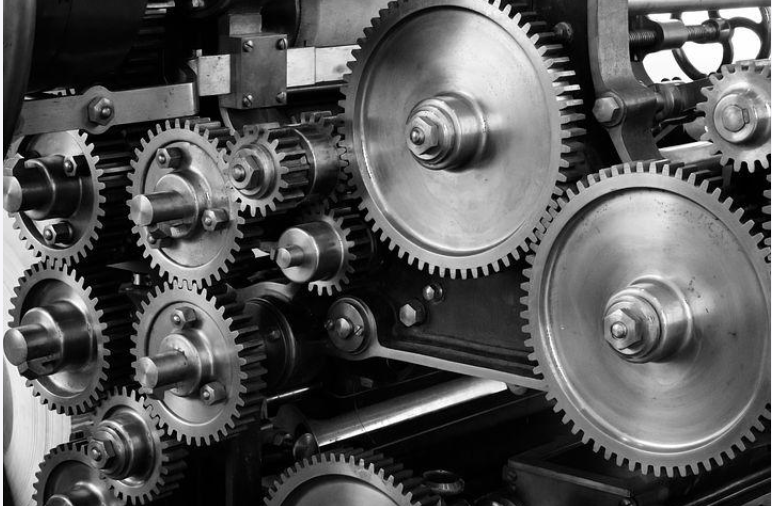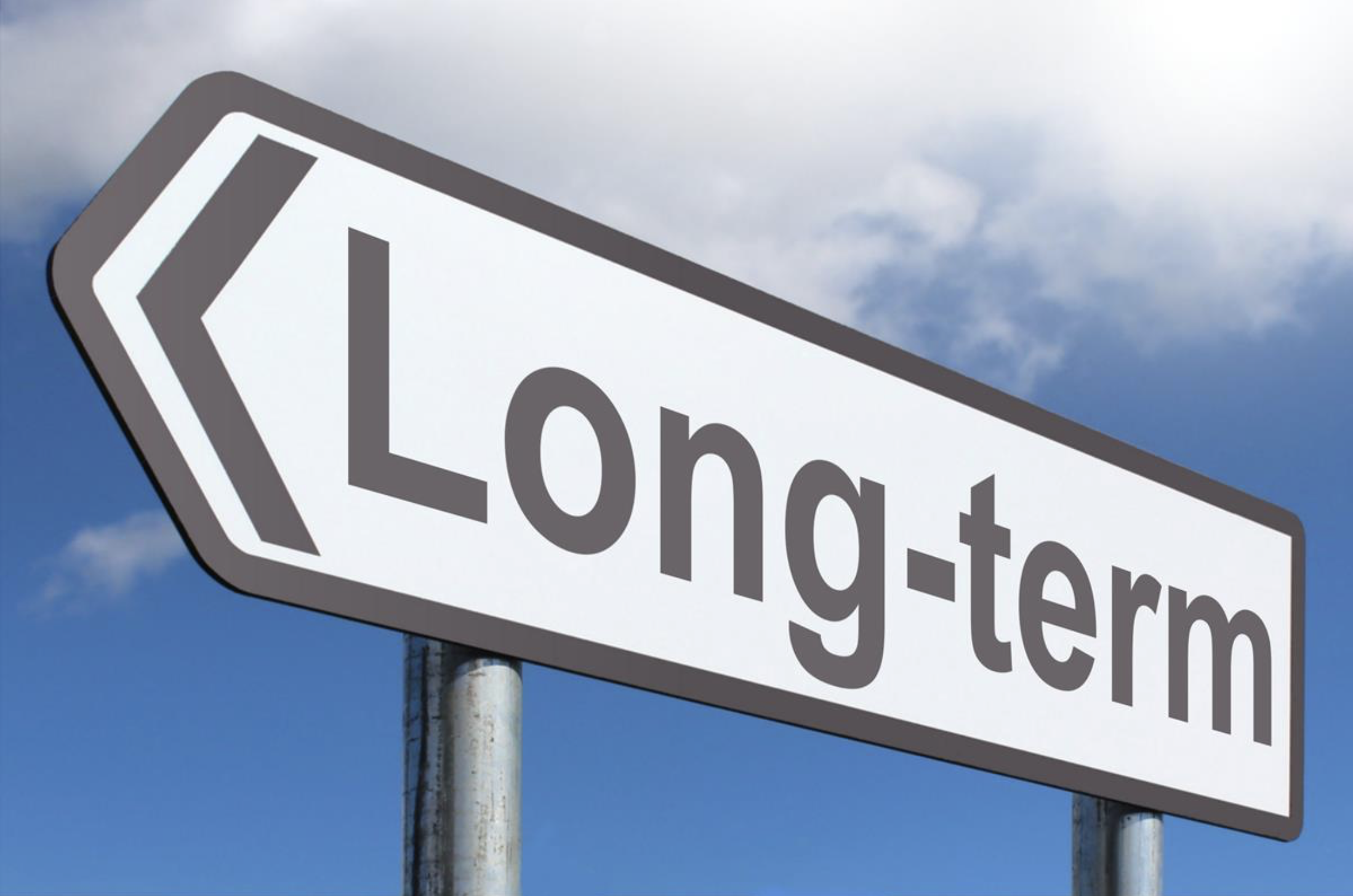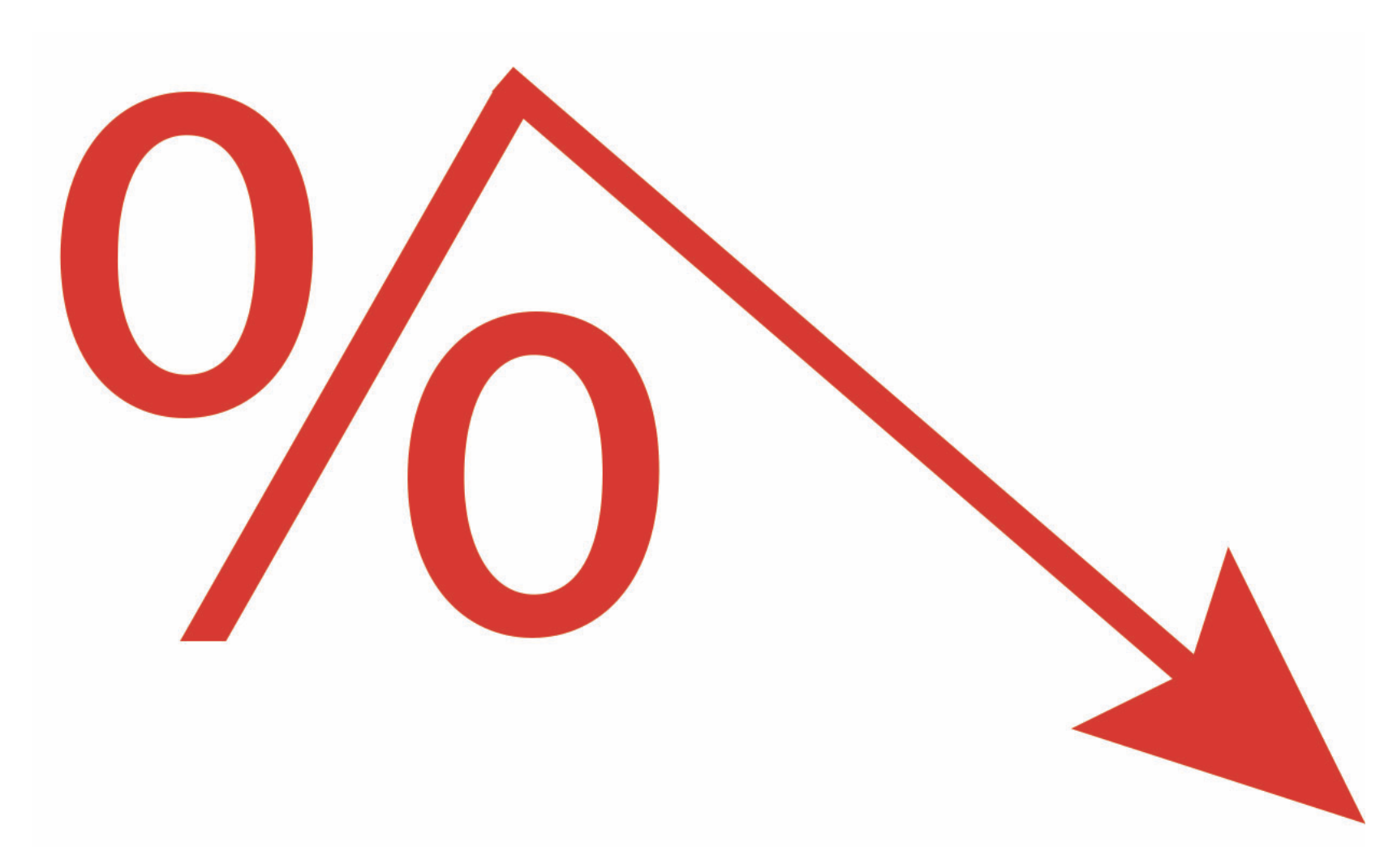 Let me be very clear. You can easily lose money in first trust deeds, especially if you make stupid decisions during a bad recession.
Let me be very clear. You can easily lose money in first trust deeds, especially if you make stupid decisions during a bad recession.
Examples of stupid trust deed investment decisions include reaching for high yields, investing in a hard money fund, failing to immediately renovate a foreclosure, and trying to sell a foreclosure when everyone knows you just foreclosed on it.
But here's the deal. If you pick a good first trust deed, and your borrower continues to make his monthly payments, you don't really care if the economy and real estate collapse.
If you pick a good first trust deed, you
don't care if the economy collapses.

Imagine you run a stock fund. You're brilliant. You manage to pick the stock of 100 companies that will survive the coming bad recession and which will go on to triple in value afterwards. "Aye, there's the rub."
When the next bad recession hits, the stock market crashes, and investors everywhere panic. There is a huge line of investors trying to redeem, and you are forced to sell your beautiful companies into a falling market for just 50 cents on the dollar.
Worse yet, it's not just the withdrawing investors who lose 50% of their holdings. The remaining investors in your fund lose 50% as well.

Now let' suppose you are a brilliant investor who sees a tsunami of red ink coming. You liquidate your stock positions and buy a small first trust deed yielding 7%. If you can limit your yield demands to just 7%, there is a very reasonable chance (no guarantees, folks!) your hard money broker can find you a first trust deed investment that will keep paying you through the slump.
At Blackburne & Sons, we saw 70% of our portfolio go upside down, as to the collateral, during the Great Recession.* In other words, our borrowers owed us more than their properties were worth. Nevertheless, most of our "junky little commercial loans" kept making their payments (some a little late) and successfully staggered through the real estate collapse.
Cute Story:
My two sons, when they were in college, taught me the term, "stagger distance." A bar is within stagger distance if it is close enough to the dorms to stagger home after a Saturday night's drinking binge. Haha!
* During the S&L Crisis and the Dot-Com Meltdown as well.
If you limit your yield demands to just 7%,
your broker can probably find you a first
trust deed that will survive the slump.

Remember, as long as your borrower keeps making his payments, you don't really care if the rest of the world crashes. Yes, real estate seems to crash by 45% during these semi-regular crashes, but it usually recovers to new highs within 2.5 years after hitting bottom.
No promises or guarantees here folks. You may get stuck in a stinky loan, despite being reasonable in your yield demands, so be sure to take lots of small pieces in lots of lower-yielding loans.

What Are Trust Deeds:
Trust deeds (or mortgages, depending on the state) are investments in a loan, secured by real estate, directly to the borrower. Rather than putting your money in the bank and having the bank make the real estate loan, private investors can actually make the loan directly.
The trust deed investment business is huge in California, and it has been around at least 80 years. Recent law changes now allow investors from every state to invest in trust deeds, as long as they are accredited investors. The good news is that you can earn 7% to 12% interest in first trust deeds. The bad news is that you, not the bank, take the loss if the loan goes bad.

Scary Disclosure Stuff:
Investing in first trust deeds involves substantial risk. A large and prolonged decline in real estate values is possible. Always maintain some liquidity. Foreclosed property always needs to be renovated. Before you invest with Blackburne & Sons, my own hard money shop, or any other reputable hard money outfit, you will be given a huge Offering Circular, which discloses many of the risks. Please be sure to read it, especially the Risk Factors section.







